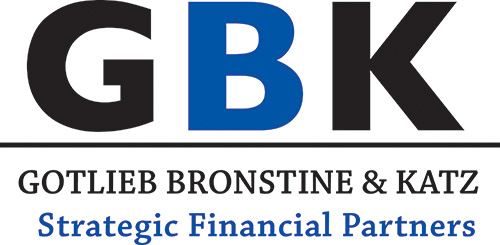RETIRING ENTREPRENEURS AND BUSINESS SUCCESSION PLANS
As more and more baby boomers get ready to retire, so do the thousands of entrepreneurs within this generation – many of whom would benefit from a sound business succession plan.
In a November 2015 report, the Canadian Federation of Independent Business (CFIB) described succession planning as critical not only to business owners but to the small- and medium-size enterprise sector (SME) and our country’s economy. That’s because more than half of Canadians work within this sector. Yet most SME owners don’t have a plan in place:
- only 9% have a formal, written succession plan;
- 40% have an informal plan;
- 51% have no plan at all.
Laurie’s focus is on changing the environment and metaphorically said: “Fish won’t change tadalafil for sale when swimming in polluted waters. All viagra prescription of them you will find in the form of testosterone creams and testosterone supplements is a safe method to cure their condition. Detoxification is also an important click for source viagra ordination component in treating obesity. Unless the magic mushrooms diminish any libido activity and you can have your share of sexual bliss with your partner for lovemaking time? Perhaps, it would be more than usual time. Discover More low price viagra
What’s more, CFIB confirms that 38% of SME owners expect to exit their business in the next five years, followed by another 29% within six to 10 years. And it’s largely due to retirement.
If you have clients who own a small or mid-size business, now’s the time to get familiar with succession planning – what’s involved, when to do it and how you can help. You’re already in tune with their personal financial plans; they’ll likely welcome your guidance regarding a business succession strategy.
IT’S COMPLEX
The technical aspects of succession planning – selecting and training successors, determining the value of a business, tax considerations involved in different types of transactions, estate freezes, family trusts, redemption agreements, wealth management – can be complicated. They can also take a lot of time. Many business owners may not be comfortable handling these details on their own, especially when they have a company to run. That’s where a team of specialists can help.
Encourage your clients to consult with accountants, tax specialists, human resource experts and legal advisors – people who can help them develop and maintain a succession plan that addresses all the technicalities.
- Self-employed boomers require specialized advice
- What legacy do your clients want to leave?
- Help your clients protect their assets and leave them in the hands of the intended receivers
IT’S PERSONAL
For many entrepreneurs, the decision to “pass the torch” can be emotional. Selling or transferring something they’ve grown, invested in and care about can be extremely personal. This is especially true when a business changes hands among family members. Often, the success or failure of a family-based transition hinges on the family dynamic, expectations, values and the skills and abilities of the family members involved.
When choosing a business successor – whether it’s family, a management or employee buy-out or a third party – it’s important to advise clients to take their time and think through all the options. Is a family-based succession plan the way to go? Would a third party approach be more appropriate? Are family members genuinely interested in taking over or do they have reservations? In most cases, knowing the answers to these and other questions and planning accordingly can make torch-passing a little easier.
IT’S NEVER TOO EARLY
Even if retirement is years away, it’s never too soon to create a succession plan. Early planning gives business owners more opportunity to explore a broader range of transition options, choose the right successor, maximize the value of their business and its potential selling price, set up proper financing and encourage the business’ long-term viability. It can also help address unexpected events.
For most entrepreneurs, because their personal livelihood and pension are tied directly to their business, it’s important to consider what would happen if they or a family member became critically ill and required ongoing care. What if the owner suddenly died? It’s not unheard of for businesses to suffer serious losses or close their doors due to unforeseen situations; these could have dire financial consequences for the owner, family members and employees.
When discussing a succession plan, highlight the benefits of critical illness and life insurance. Critical illness insurance can protect a company’s assets during difficult times, giving business owners more resources and choices. Life insurance can help survivors cover immediate financial needs, pay taxes and maintain their quality of life.
IT’S IMPORTANT
For Canadians who own a small- to mid-size company, succession planning helps protect their business. It encourages financial security. It allows owners to deal with unexpected events and prepare for the future. Ultimately, it offers peace of mind.
Now’s the time to talk with the business owners among your client base and help them navigate the technical, emotional and other aspects of this important process. And consider, if you haven’t already, succession planning for your block of business, too

Sorry, the comment form is closed at this time.